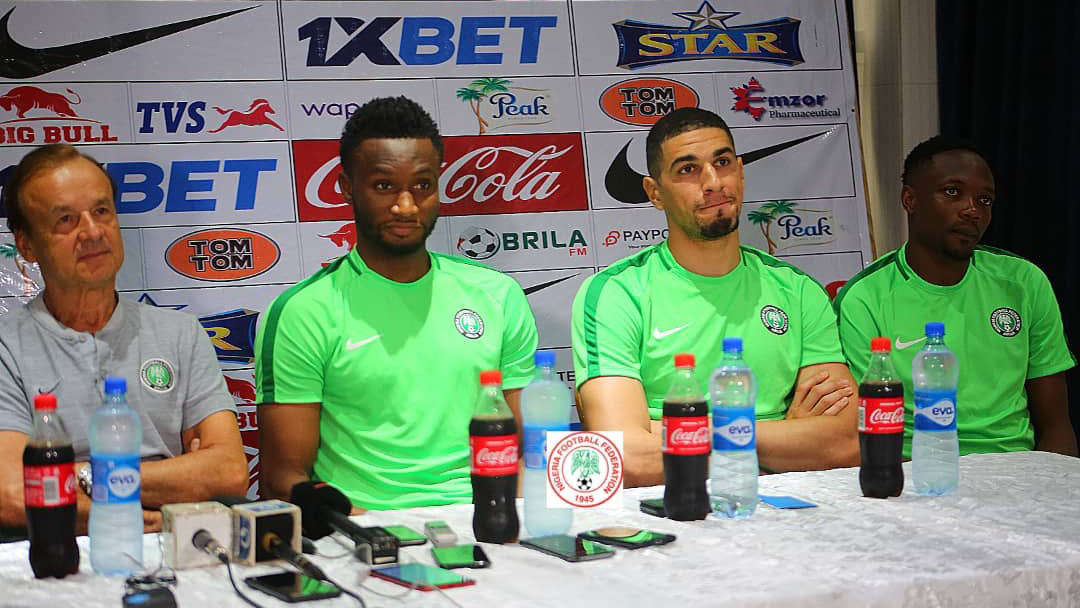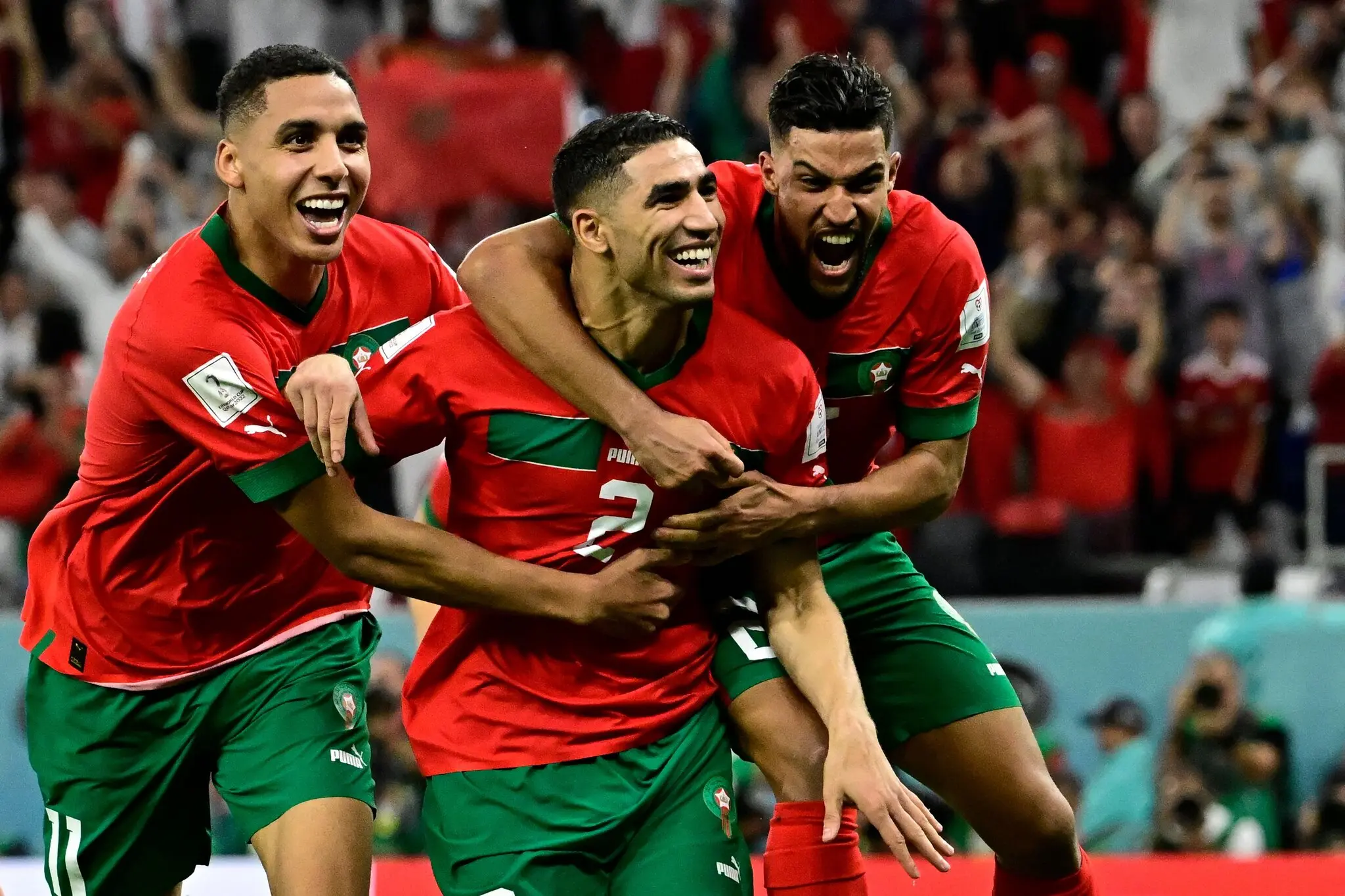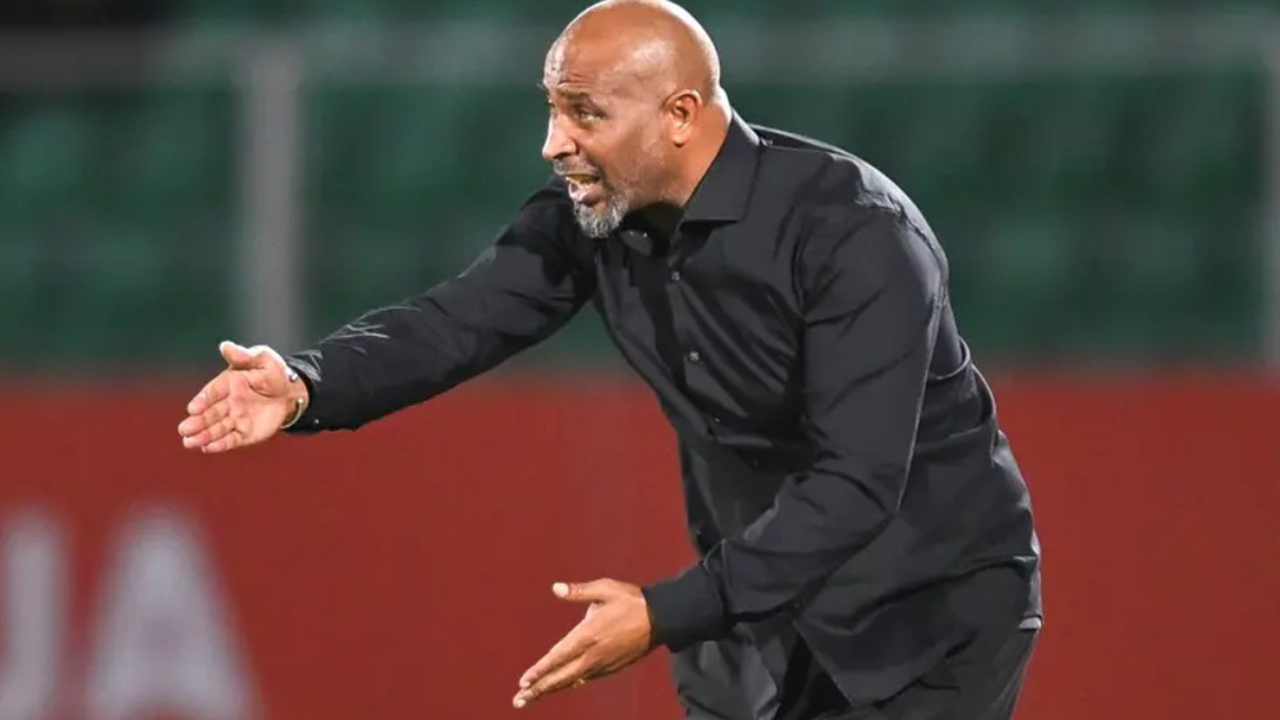
The Super Eagles are widely regarded as one of the favourites to go all the way this summer, much as Coach Gernot Rohr has stridently sought to play down his team’s chances. However, to qualify in the fashion that they did, and to be ranked as high as they are, is to attract attention: no one will be taking Nigeria for granted.
Presently, everything seems to be on track, at least from the outside looking in. However, there is a weighty matter beneath the surface: the return of Captain John Mikel Obi could have a less than wholesome effect on the national team.
It has now been 11 months since the former Chelsea man last suited up for the national team. At the World Cup, Mikel was at the forefront of a futile effort to escape the group stage, and the prevailing sentiment toward him, especially in light of the subsequent revelation of his father’s kidnapping, was one of gratitude.
Since then, he has elected to be uninvolved with the Super Eagles, missing out entirely on the successful qualifying campaign for the AFCON, and only now has he accepted a recall by way of a visit by Rohr to personally appeal to him.
To begin with: in all fairness, the optics are bad. There has been a perception through the years that Mikel’s commitment to the national team is not entirely unconditional.
For instance, in 2007, Mikel was essentially blacklisted from the national team for declining an invitation to play in a qualifier against Uganda, with NFF spokesman Ademola Olajire quoted by the BBC as saying, “Mikel’s gross lack of commitment towards national call-ups is totally unacceptable. Since Mikel prefers his club over his country, we can only wish him the best of luck.”
While an initial leave of absence was understandable, given the emotional trauma of his father’s abduction, the manner in which it dragged on left something to be desired. It harked back to those early days, when Mikel’s aloofness and perceived “selection” of matches saw him vilified.
This might have been a complete non-issue, of course, but for its potential to destabilise the rest of the team.
While it is entirely the prerogative of the coach who he calls up and when, there must be a consideration for how it affects the squad’s overall dynamic.
Rohr has said that the decision to reach out to Mikel was one made in concert with the players, but that is not entirely accurate.
Once again, we come around to the optics of it all. A leader who chooses to abstain while his troops fight, only to swoop in when the time comes to enjoy the spoils, is unlikely to be met with much warmth. There is a real sense within the camp that Mikel, by staying away, and also by not reaching out even in his absence, essentially abandoned ship.
As such, there is a question of fairness, both to the core of the team that weathered the challenge in his absence, and to Ahmed Musa, who has led the side in that interlude.
It is worth remembering that, in the aftermath of the retirement of Vincent Enyeama in 2015, erstwhile Super Eagles coach Sunday Oliseh handed the captaincy of the team to Musa. It was only after Oliseh left the position that it was handed to Mikel, with the explosive forward demoted to vice-captain essentially.
Musa accepted that without fuss, and worked in the team’s interests selflessly. It does send the wrong message to then take it away from him again and hand it to an absentee leader, after he carried the can for close to a year.
An important player he doubtless is, but the team showed there could be life without him, and were ready to do battle without him.
Rohr’s decision to bring Mikel back is more political than anything: the German is rapidly losing sure footing with the Nigeria Football Federation, and so requires a more vocal buffer between him and the administrators.
Instead, his latest political gambit could weaken Nigeria’s chances of a fourth title in Egypt this summer.
[ad unit=2]






